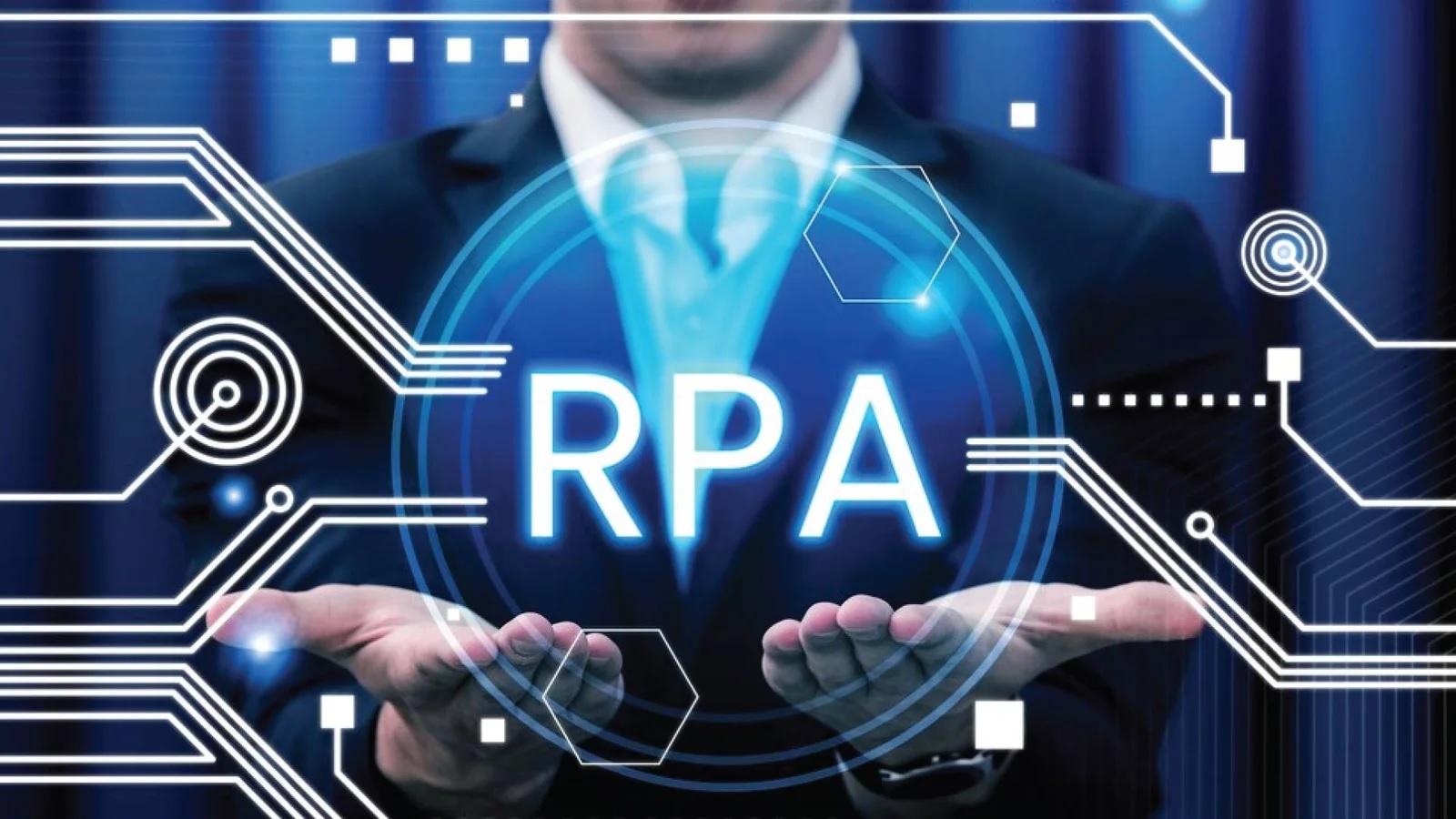RPA in 2025: AI Advancements and the Role of Lifecycle Management

Robotic Process Automation (RPA) in AI and Lifecycle Management is evolving beyond simple task automation. The next phase of automation is being driven by Artificial Intelligence (AI) and machine learning, which are increasingly integrated with lifecycle management systems. This combination is leading to more sophisticated and efficient solutions.
By 2025, businesses will require intelligent and adaptable automation that extends beyond their current bot implementations. To remain competitive, companies must determine the right pace for their digital transformation.
Preparing for the Future: RPA’s Next Evolution
Advancing from Basic Bots to Intelligent Automation
RPA initially focused on rule-based automation for repetitive tasks, but that approach is no longer sufficient. AI-powered automation is transforming the field, enabling systems to become more intelligent and context-aware. According to Gartner, by 2025, 80% of RPA deployments will incorporate AI, shifting automation from static workflows to self-learning, adaptive systems. This will result in enhanced efficiency, fewer errors, and significantly increased productivity.
Human-Bot Collaboration: The New Workforce Model
The fear that automation will replace jobs is outdated. The future lies in synergy between human workers and AI-powered bots. Intelligent Process Automation (IPA), powered by AI, enhances human decision-making rather than replacing it. According to PwC, companies that integrate IPA experience a 40% increase in workforce productivity. The key to success is designing automation that enhances, rather than competes with, human capabilities.
Generative AI: Transforming RPA’s Capabilities
Generative AI (GenAI) is revolutionizing RPA by making automation more intuitive and conversational. RPA is no longer restricted to rigid rule-based tasks—it can now understand context and respond in real time.
Imagine AI-driven bots handling customer inquiries using natural language instead of predefined workflows. Organizations leveraging GenAI in automation have seen substantial improvements, with Forrester reporting a 50% reduction in process errors.
Strengthening Security and Compliance
As RPA adoption grows, security and regulatory compliance challenges become more complex. With evolving data privacy laws, organizations must ensure transparency and auditability in their automation processes. The zero-trust security model is gaining traction, helping to prevent bots from becoming security vulnerabilities.
A 2025 IDC report predicts that 90% of businesses will implement dedicated security frameworks for RPA, safeguarding sensitive data and preventing cyber threats.
To Read Full Article, Visit @ https://ai-techpark.com/key-rpa-trends-ai-and-lifecycle-management/
Related Articles -
- Art
- Causes
- Crafts
- Dance
- Drinks
- Film
- Fitness
- Food
- Игры
- Gardening
- Health
- Главная
- Literature
- Music
- Networking
- Другое
- Party
- Religion
- Shopping
- Sports
- Theater
- Wellness




